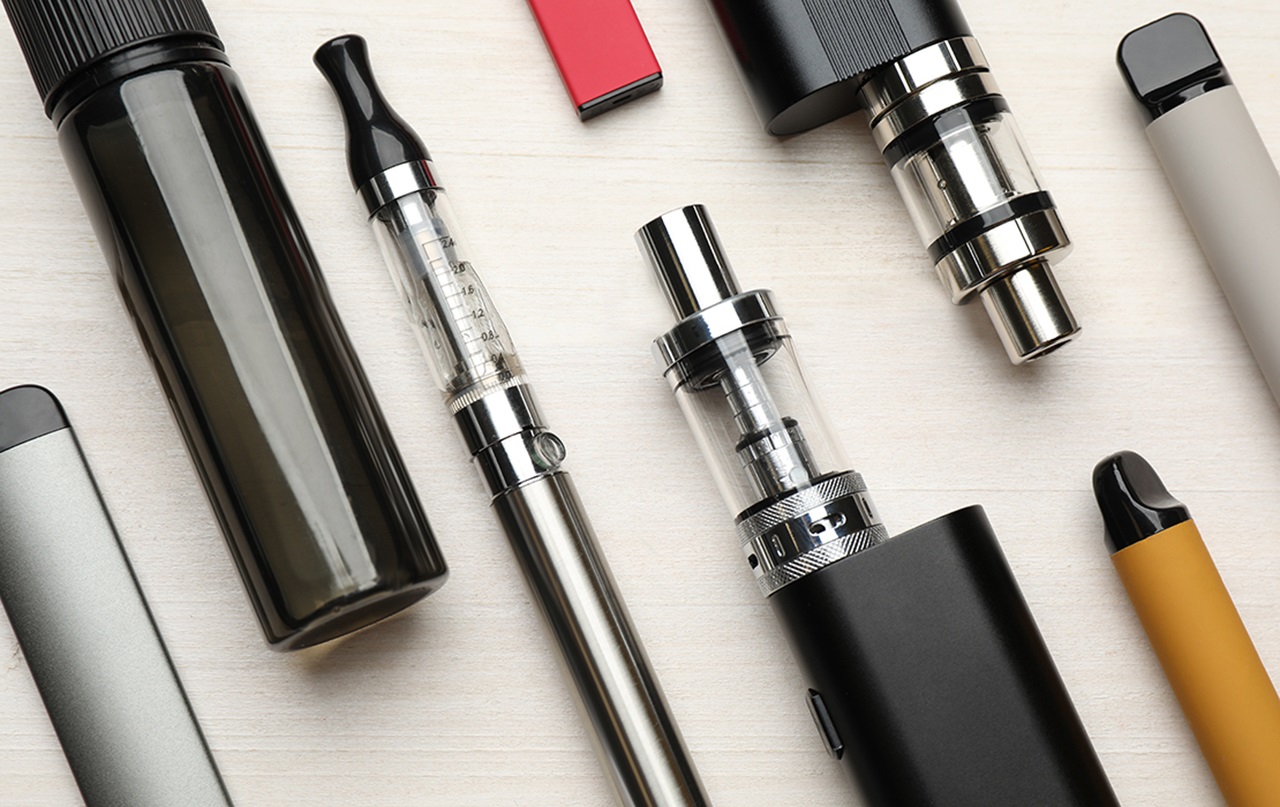When the liquid inside an e-cigarette cartridge heats up, more chemical compounds are formed.
Researchers have found the following harmful substances in vape cartridges:
- carcinogens (chemicals known to cause cancer)
- heavy metals such as nickel, tin and lead
- small particles that can be inhaled deep into the lungs
- flavorings that contain sugar, which contributes to tooth decay
The lithium-ion batteries in vape pens can heat the liquid inside vape cartridges to 400° F in seconds, a CDC resource shows. News reports have documented cases where people have been hurt by e-cigarettes exploding or causing fires inside their mouths.
Using a high heat setting on an e-cigarette also can turn the aerosol more yellow, which could result in tooth discoloration, and make the aerosol stickier, threatening to remain on the teeth for a long time. Research is currently being done to see if stickier aerosol contributes to cavity formation.
A study published in The Journal of the American Dental Association (JADA) found a correlation between people who vape and people with untreated cavities, but more research must be done to determine whether those cavities are caused by vaping.
